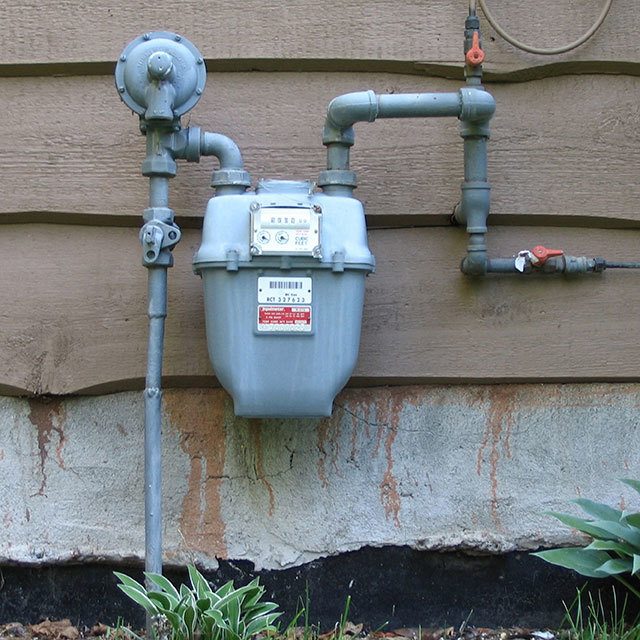Editor’s note: The original story, online and print, incorrectly reported that there were no more gas meter leaks in Tehaleh as of Feb. 10. PSE finished inspecting houses as of Feb. 10, but not all leaks were fixed. PSE is continuing to work with Tehaleh residents to fix these leaks. A correction will be posted in the March 1 edition of the paper.
Over the last half-month, the Tehaleh development experienced an unusual number of natural gas leaks in their meters.
As of Feb. 10, Puget Sound Energy has checked out all the houses in the area, but there are still leaks to be fixed.
PSE’s Communication Safety Communications Manager Charlie Gadzik said the company was alerted to “something abnormal going on” when another PSE employee, who lives in Tehaleh, became involved in a Facebook conversation about several leaks in the area.
Gadzik said that presumably, people were calling PSE about leaks and the company would respond immediately, but the Facebook conversation tipped them off that something else was amiss.
Initial reports put the leaks as common as one in every two meters, but Gadzik said that was a result of the sampling they took at the time, and the real number of leaks was one in five meters. The numbers are still being audited to make sure all homes were checked out.
With approximately 850 homes occupied in the Tehaleh area, that equates to roughly 170 leaks.
“The whole things was unusual, to have a concentration like this, to have them all be in the same location,” said Gadzik, “I’ve worked for PSE for nine years, and this is the first time I’ve heard of it happening.”
As of yet, PSE isn’t sure what caused the leaks.
“We’re exploring everything from possible installation practices to materials,” said Gadzik.
According to Gadzik, gas leaks can be pretty common. PSE receives approximately 1,500 odor-related calls a month, which could indicate a leak, he said, but it doesn’t always pan out that way.
“We have 850,000 customers and 26,000 miles of pipe,” said Gadzik. “We don’t expect to have a leak-free system, but we expect to have a system that is monitored very closely so that we can fix leaks whenever they occur.”
The leaks that occurred in Tehaleh were all outside, and the leaks were very small, he continued, meaning the leaks were not dangerous.
Using soapy water to detect gas leaks, “the bubbles appeared at a rate of, over about three minutes, you’d have an area of the size of nickel that had bubbled,” Gadzik said.
But even though the leaks were small, people could still smell the gas.
That’s because the human nose can detect natural gas in as little as one part in billion, and gas doesn’t get explosive until it reaches four parts per hundred, Gadzik said.
“There’s a huge difference between when you can detect it and when it becomes dangerous,” he continued. “But we always want people to understand that whenever you smell gas, we’ll come over and check it out for free. Don’t hesitate, don’t worry that you might be wrong… We’d rather that you call us that don’t call us.”


